By Manisha Sahu | America News World
November 14, 2025
In a political moment already tense with public distrust and partisan confrontation, Republicans in the U.S. House of Representatives have found themselves in the center of a controversy they were desperately trying to avoid. What began as a calculated effort to suppress renewed attention on the Jeffrey Epstein files has instead turned into a political firestorm—one that Republicans themselves inadvertently magnified.

The controversy reemerged in September, after Democrats threatened to force a vote compelling the House to release Epstein-related documents. These files, which have long captured public fascination due to Epstein’s connections with politicians, business leaders, and influential figures, quickly became a political weapon. Democrats sought to pressure Republicans into taking a public stance on whether the files should be disclosed—knowing that such a vote could potentially damage members across the aisle.
At the heart of the issue lies a core Republican objective: to avoid any vote that could expose divisions within their caucus or force vulnerable GOP lawmakers into a politically risky position. But behind the scenes, another pressure loomed even larger—former President Donald Trump’s insistence that House Republicans shut down the issue entirely. Trump, deeply sensitive to renewed discussion of his past association with Epstein, reportedly made his demands clear to GOP leaders.
GOP’s Symbolic Maneuver Backfires
Rather than take a position on whether the files should be made public, House Republican leaders crafted an alternative plan—one they believed would diffuse the situation without drawing added scrutiny. Their strategy was simple: instead of holding an uncomfortable vote, they would pass a symbolic measure directing the House Oversight Committee to continue an investigation into the Epstein case. The committee had already begun this work earlier in the year, and no formal vote was required to authorize its continuation.
On paper, the move appeared harmless—an administrative action designed to buy time and avoid confrontation. But instead of ending debate, the maneuver had the opposite effect.
Because the measure did nothing to resolve the central issue—whether the files should be released—it only amplified public suspicion. Critics accused Republicans of attempting to bury crucial information. Democrats seized the moment, arguing that the GOP was trying to shield Trump and other powerful figures connected to Epstein from scrutiny. And the public, already hungry for transparency after years of rumors and speculation, viewed the symbolic gesture as yet another attempt to hide the truth.
Why the Strategy Failed
Several key miscalculations contributed to the Republican plan collapsing under its own weight.
First, GOP leaders underestimated how intensely the public still feels about Epstein’s case. Even years after his death, interest in his personal network, his crimes, and the unanswered questions surrounding his operations remains high. High-profile names appearing in emails, phone logs, and travel records continue to fuel speculation and demand for transparency.
Second, the strategy appeared inconsistent. On one hand, Republicans claimed they were committed to investigating Epstein. On the other, they avoided the one step that would demonstrate genuine transparency: releasing the files. This contradiction made the symbolic action look insincere and politically motivated.
Third, Trump’s involvement in pushing GOP leaders to suppress the issue only heightened public attention. A recently surfaced email exchange, in which Epstein himself made disparaging remarks about Trump—saying “the world does not understand how dumb he really is”—added renewed fuel to the controversy. For critics, the revelation suggested that Trump had personal reasons for wanting the matter closed quickly, making the GOP’s actions appear less like a procedural maneuver and more like an effort to protect him.
Democrats Capitalize on the Political Opening
Democrats quickly realized that the GOP’s move presented a political opportunity. By framing the symbolic measure as a “cover-up,” they were able to intensify pressure on Republicans who were already struggling to manage the fallout. Several Democratic members publicly questioned why Republicans would resist full disclosure if they truly believed in accountability.
By threatening to force a vote on releasing the files, Democrats pushed the GOP into an uncomfortable corner—one that exposed divisions within the Republican caucus. Some members were willing to release the files to prevent accusations of secrecy, while others strongly opposed doing so, fearing political consequences or public backlash.
The Democratic strategy succeeded in drawing more attention to the issue, making it a national discussion once again. What was supposed to be a quiet procedural sidestep became a headline-grabbing controversy.
Public Pressure Grows for Transparency
Beyond Congress, public interest in the Epstein files has surged once more. Advocacy groups, legal experts, and journalists have renewed calls for the documents to be fully released. Many argue that transparency is essential to fully understanding the extent of Epstein’s crimes and the network that enabled him.
The GOP’s symbolic measure has been viewed by some as an attempt to obstruct the truth. Numerous commentators have noted that transparency would serve the public interest, regardless of political consequences.
Republicans Face Internal and External Challenges
Within the Republican Party, the controversy has exposed fault lines. Some members, particularly those in competitive districts, worry that appearing secretive could hurt them with voters. Others maintain that releasing the files would only give Democrats ammunition during election season.
Meanwhile, Trump’s insistence complicates matters further. His continued influence over the party means Republican leaders must balance public expectations with the former president’s demands—an increasingly difficult task.
What began as an attempt to quietly suppress a contentious issue has now become a larger political crisis. Republicans hoped to avoid public scrutiny, but instead they triggered a national debate, renewed media attention, and widespread suspicion—all of which have strengthened calls for full transparency.
A Political Storm Still Growing
Rather than closing the chapter on the Epstein files, the GOP’s tactical maneuver has reopened it wider than ever. With Democrats intensifying pressure, the media closely following every development, and the public demanding answers, Republicans now face a storm of their own making.
In the months ahead, the controversy is likely to deepen. Whether or not the Epstein files are eventually released, one thing has become clear: attempts to silence debate have only made the public demand the truth more loudly.
Discover more from AMERICA NEWS WORLD
Subscribe to get the latest posts sent to your email.


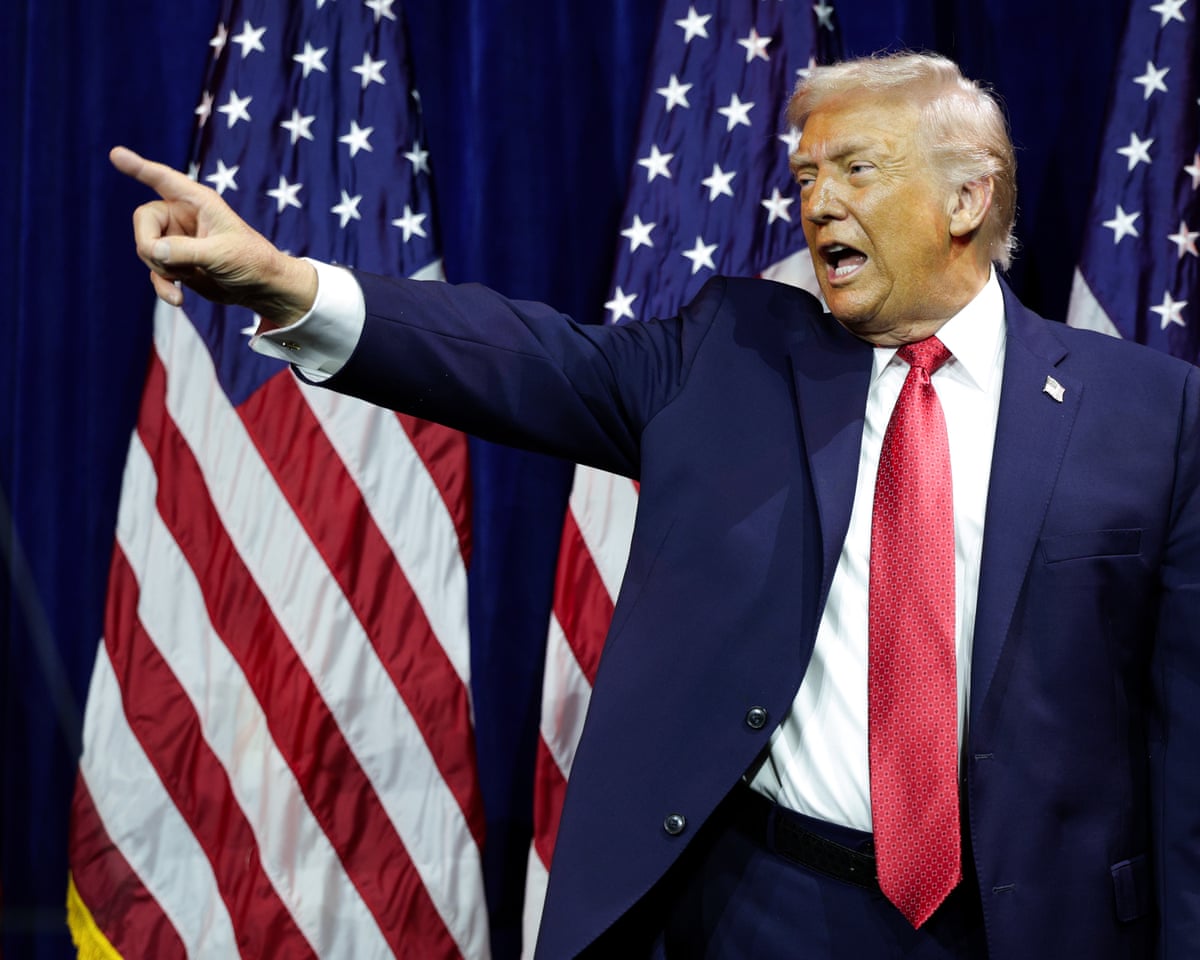
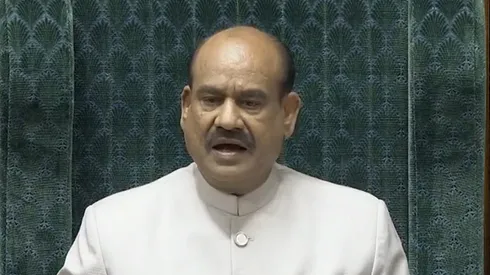





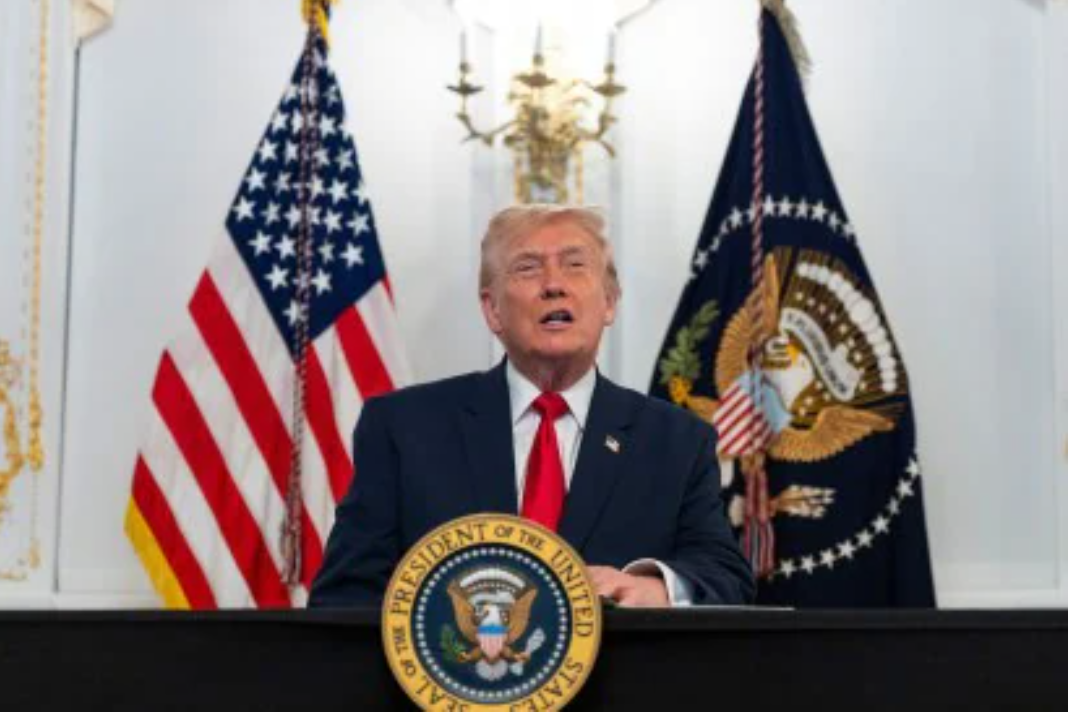




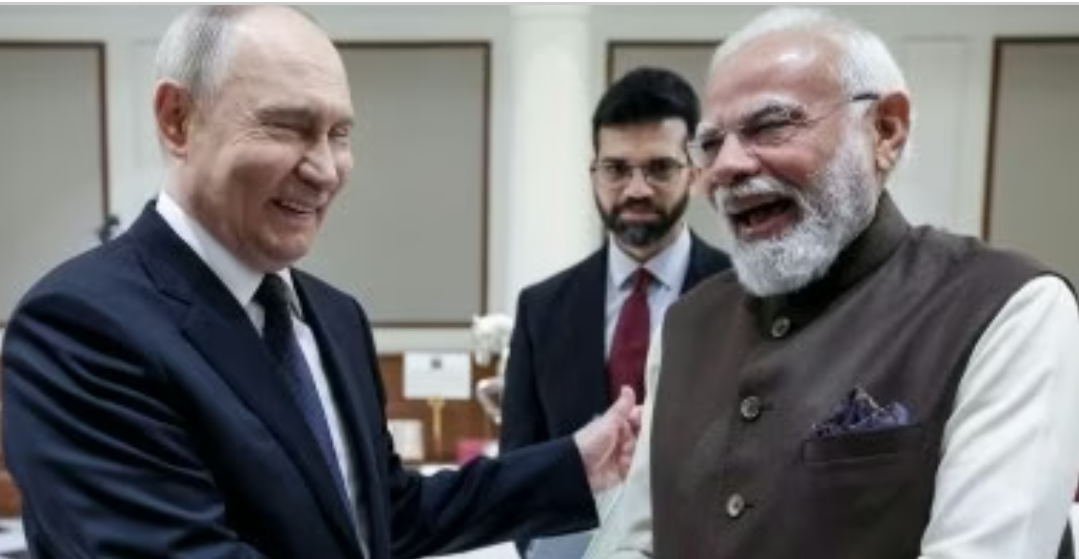
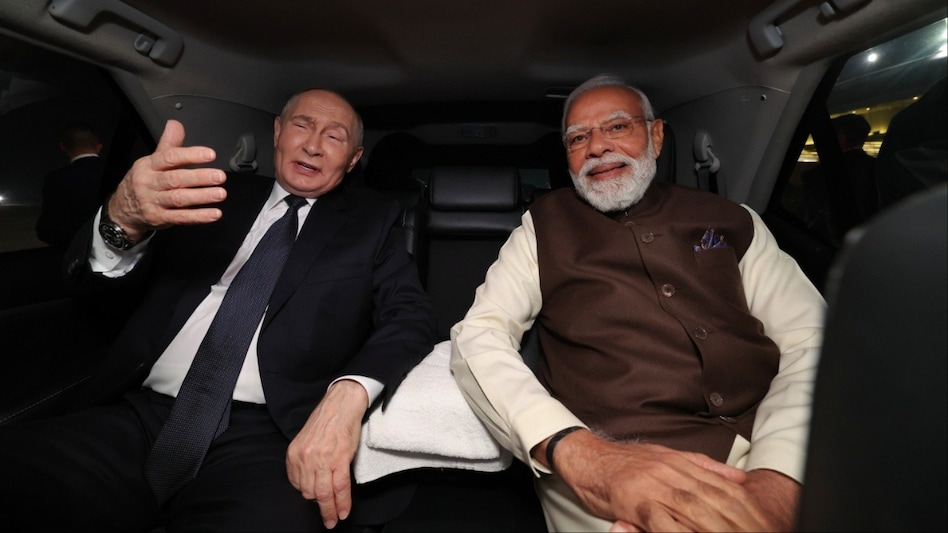


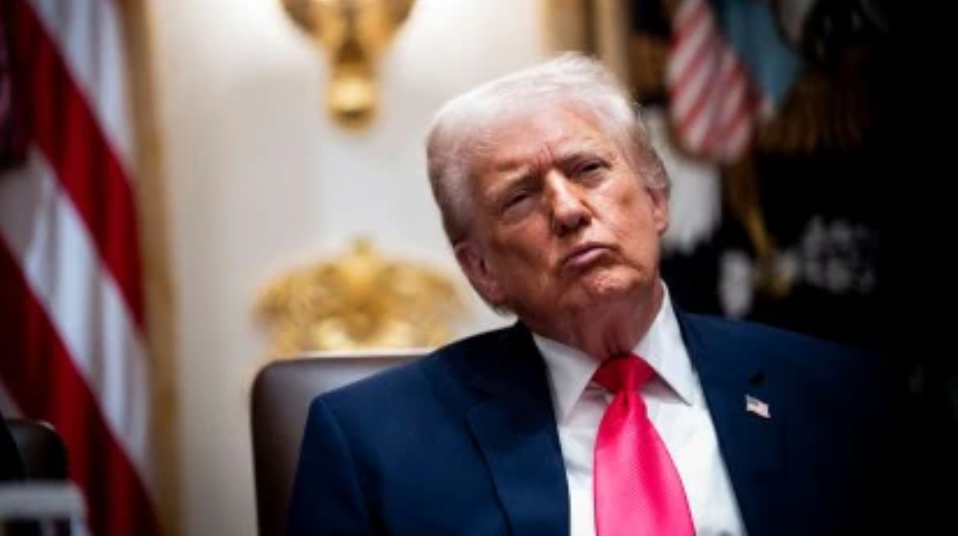
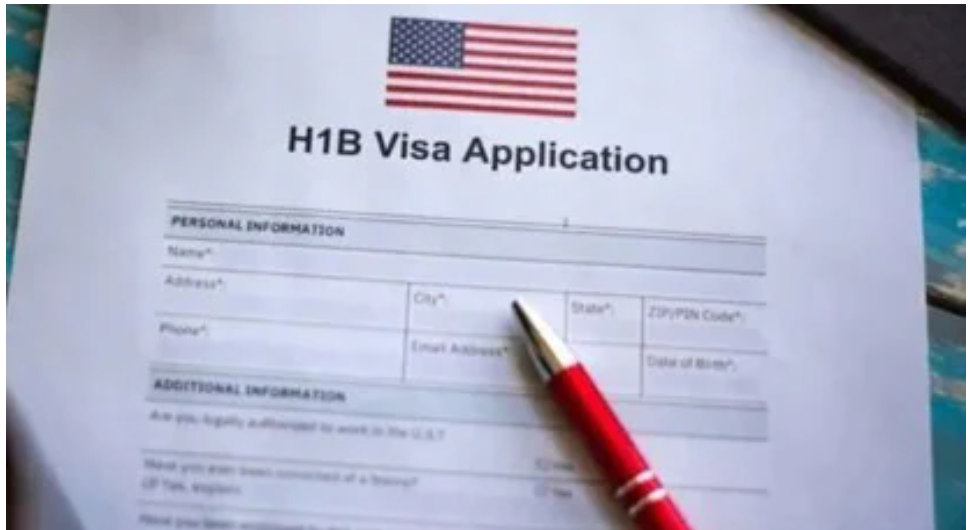
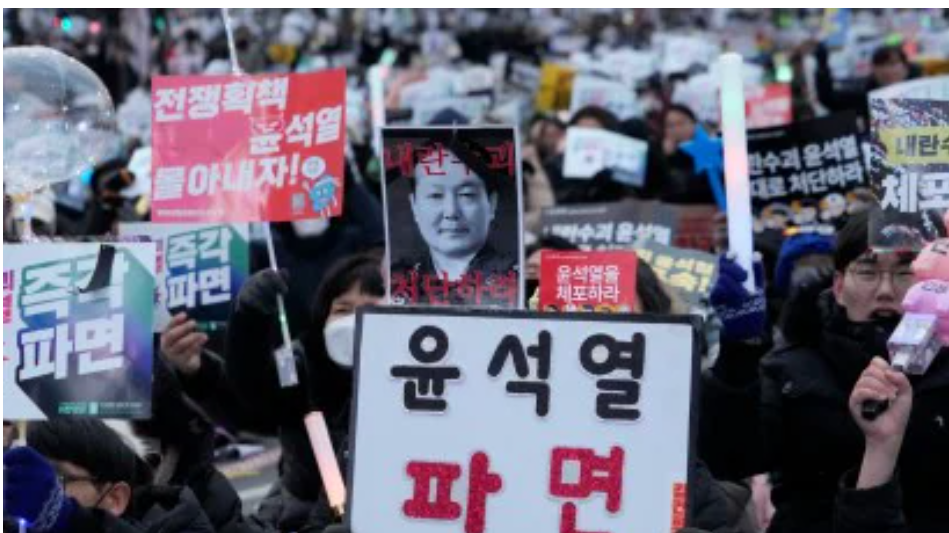
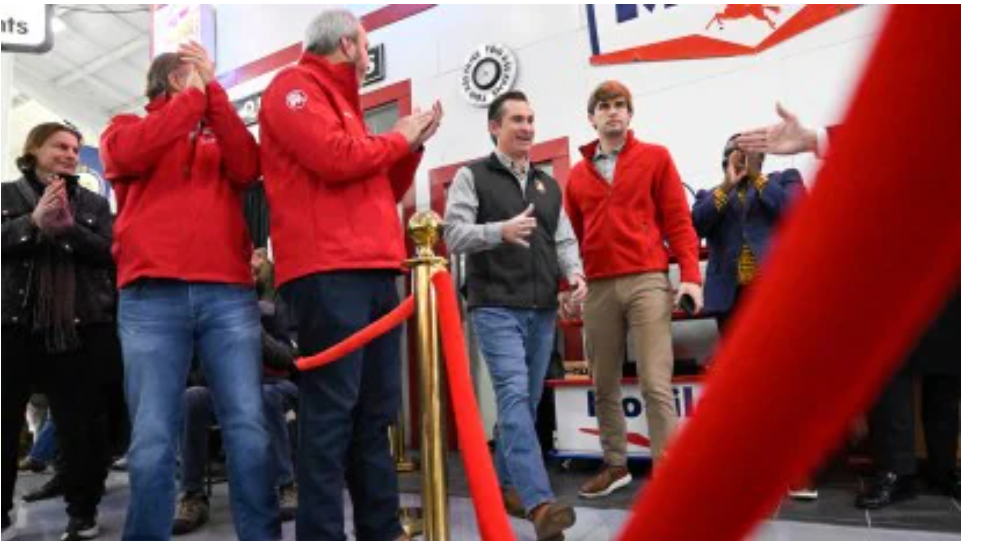

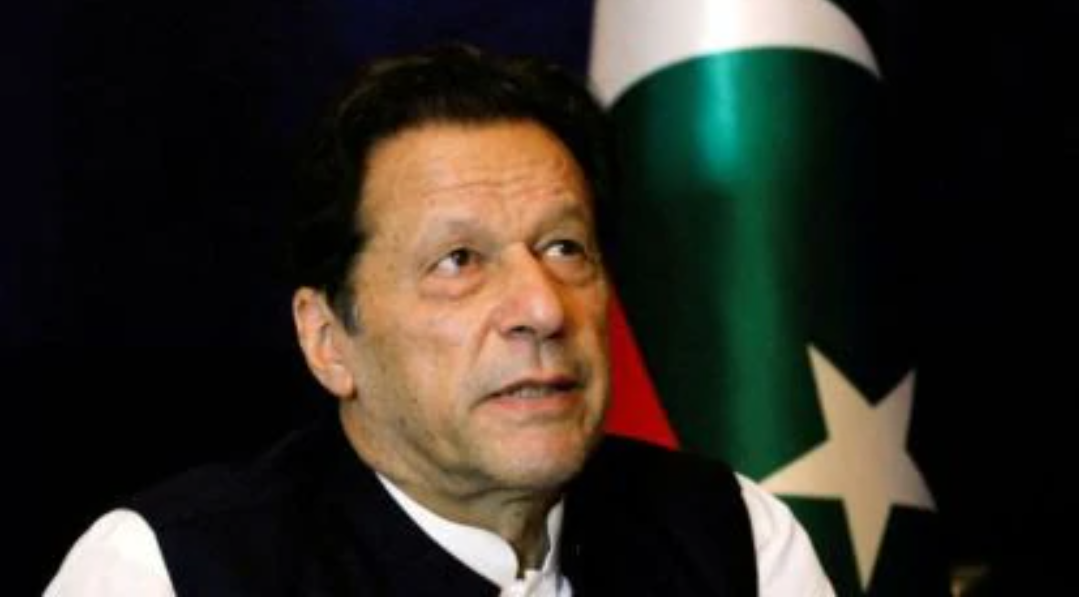




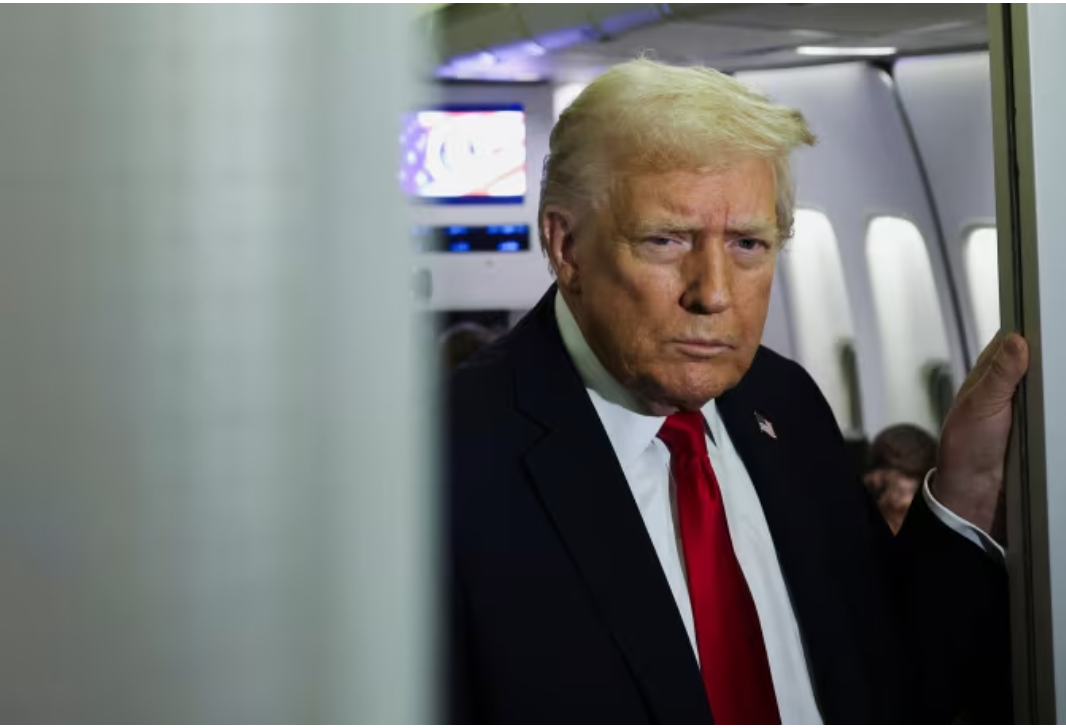








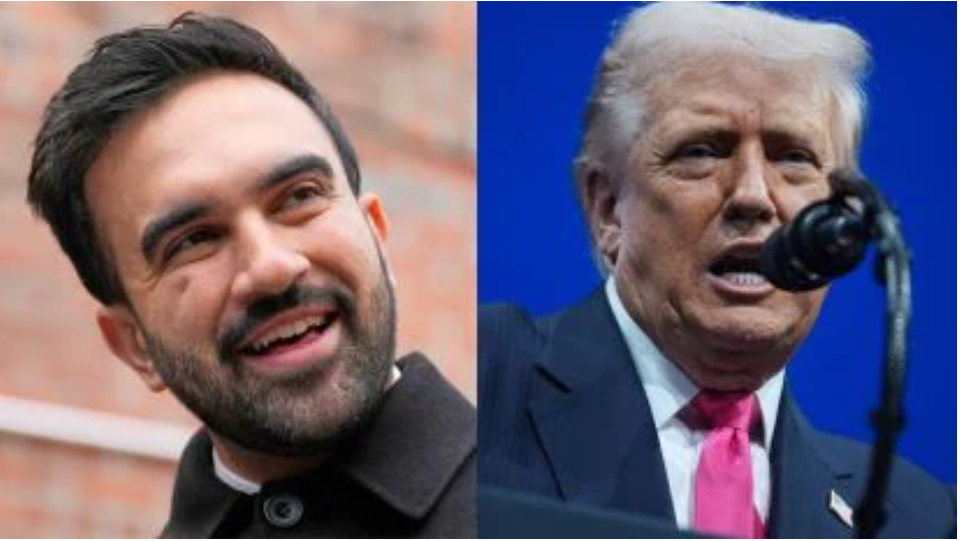
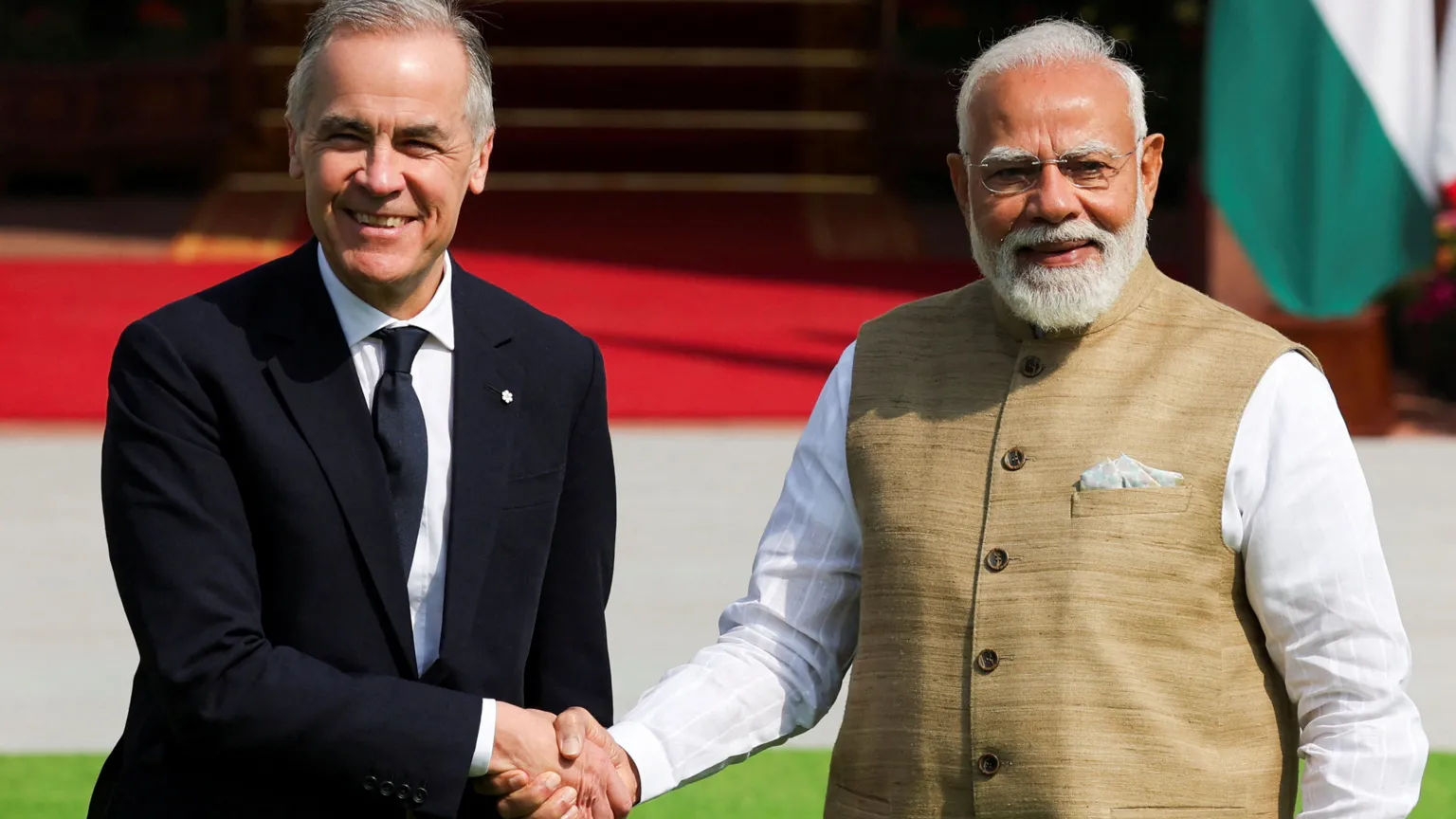

![Smoke rises after Israeli strikes in Beirut's southern suburbs, on March 2 [Mohamad Azakir/Reuters]](https://america112.com/wp-content/uploads/2026/03/hgh.webp)
